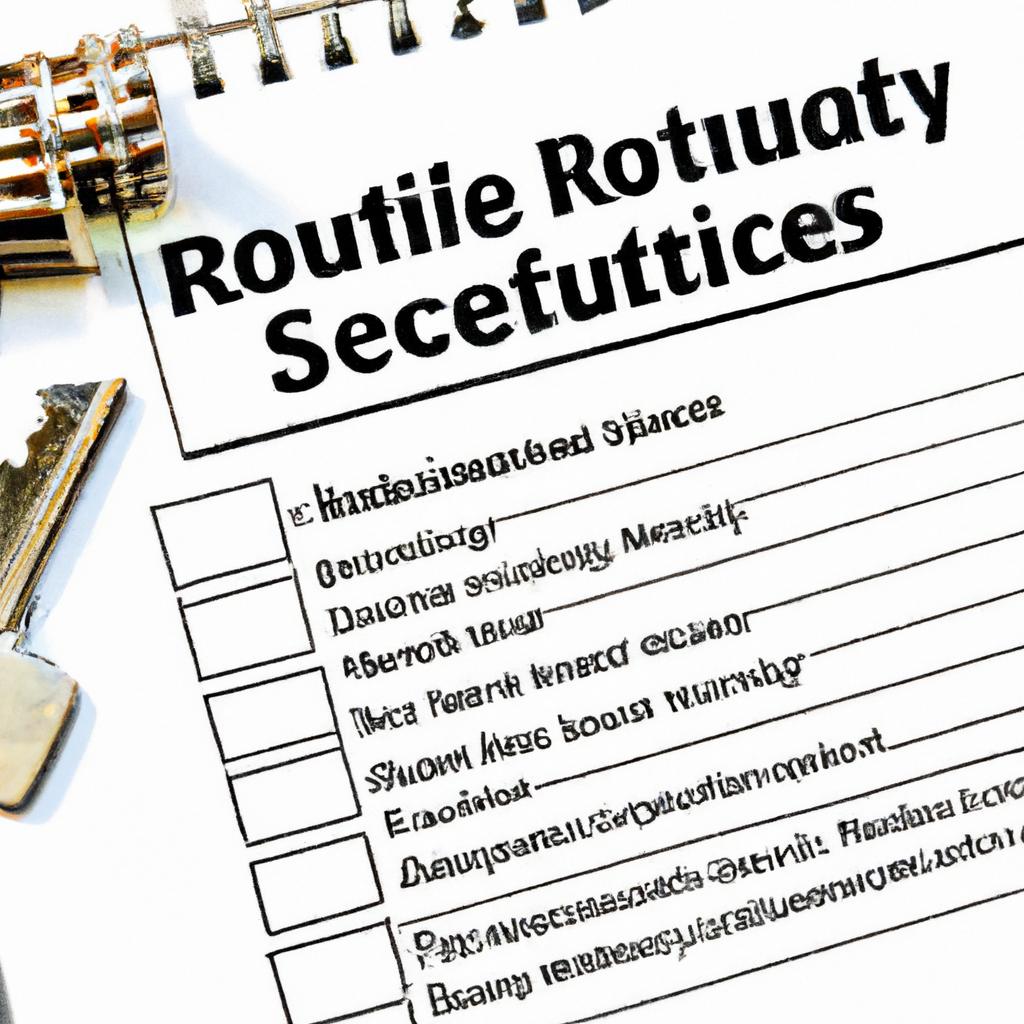In an age where digital transactions reign supreme and finances can often feel like a maze of algorithms and apps, it’s easy to lose sight of the crucial pillars of personal finance management. We navigate a world of convenience, but with that convenience comes the nifty cloak of invisibility over our expenditures. Over time, our bank and credit card statements—those seemingly mundane records of our monetary journeys—can become overlooked relics rather than vigilant tools in our financial toolbox. Yet, just as an athlete reviews their performance to refine their skills, so too must we periodically inspect these statements to maintain our financial fitness. In this article, we will explore the compelling reasons why regularly reviewing your bank and credit card statements is not just a good practice, but a vital step toward achieving and sustaining financial well-being. Join us as we uncover how this simple habit can empower you to take control of your finances, prevent potential pitfalls, and keep your economic health in peak condition.
Unlocking Financial Clarity through Routine Statement Reviews
Taking the time to regularly review your bank and credit card statements can transform your financial awareness and decision-making, allowing for better control over your spending habits. This practice not only helps identify unnecessary expenses but also highlights areas where you can save more effectively. Here are some benefits you might uncover:
- Spotting Trends: Analyze your spending patterns and see where your money flows each month.
- Identifying Errors: Quickly catch any mischarged fees or unauthorized transactions.
- Setting Goals: Use your findings to establish clearer financial goals based on real data.
To streamline your review process, consider using a simple table to keep track of your monthly expenses:
| Category | Amount Spent | Notes |
|---|---|---|
| Groceries | $300 | Includes monthly bulk purchase |
| Dining Out | $150 | Reduce by 20% next month |
| Utilities | $200 | Consider switching providers |
By integrating routine statement reviews into your monthly financial practices, you’ll not only gain clarity but also build a stronger foundation for your personal finance management.

Mastering Your Budget by Analyzing Bank and Credit Card Transactions
To achieve financial wellness, a proactive approach to examining your bank and credit card transactions is essential. By regularly scrutinizing these statements, you can uncover valuable insights to help shape a more sustainable budget. Here are some strategies to assist in this analysis:
- Categorization: Break down your expenses into categories such as groceries, utilities, entertainment, and transportation. This will help visualize where your money is going.
- Identify Patterns: Look for recurring charges and spending habits that might be draining your finances. Are there subscriptions you no longer use?
- Spot Errors: Financial institutions can make mistakes. Regular checks can help identify unauthorized transactions or fees that can be disputed.
- Set Goals: Use your findings to set achievable financial goals. Whether it’s saving for a vacation or paying down debt, having clear objectives can motivate you to stick to your budget.
Utilizing a simple table can also aid in your analysis:
| Expense Category | Monthly Spending |
|---|---|
| Groceries | $300 |
| Utilities | $150 |
| Entertainment | $200 |
| Transportation | $100 |
Through this disciplined analysis, you can master your spending habits and pave the way to a more rewarding financial future.
The Conclusion
As we wrap up our exploration of staying financially fit through the vigilant review of bank and credit card statements, it’s clear that this practice is more than just a mundane chore; it’s a crucial strategy in managing your financial well-being. By taking the time to scrutinize your statements, you empower yourself to identify spending patterns, catch discrepancies, and ultimately cultivate healthier financial habits. In a world where every dollar counts, this small investment of time can yield significant returns—both in terms of savings and peace of mind. So, the next time you sit down to sift through your statements, remember that you’re not just balancing numbers; you’re charting a course towards a more secure and financially savvy future. Stay proactive, stay informed, and embrace the clarity that comes from knowing exactly where your money is going. Your financial health deserves nothing less.










